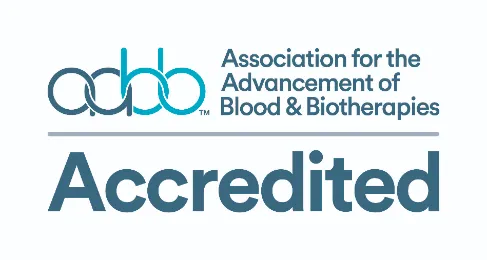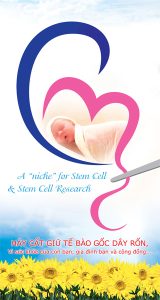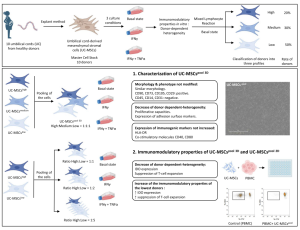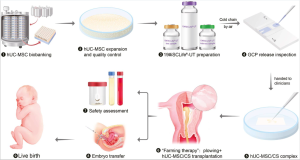Healio News, 03/2023
Elevated umbilical cord blood insulin concentration measured early after birth could be tied to high BP during childhood and adolescence, especially in children born preterm, according to a study published in Hypertension.
“This is the first prospective cohort study to examine the association of cord blood insulin concentration with systolic and diastolic blood pressure as well as the risk of hypertension in childhood and adolescence,” Guoying Wang, MD, PhD, assistant scientist in the department of population, family and reproductive health at the Center on the Early Life Origins of Disease at Johns Hopkins Bloomberg School of Public Health, and colleagues wrote. “Elevated cord blood insulin concentration may play a role in the early life origins of hypertension.”
The study included 951 mother-child pairs where the children were born and followed up at Boston Medical Center from 1998 to 2012. (mothers, 63.5% Black; 16% with diabetes; children, 51% female; 26% born preterm; 23% with low birth weight). Cord blood was collected immediately after birth (median cord blood insulin concentration, 12.1 IU/mL).
Child BP was measured during follow-up visits between years 3 and 18, with a median age of 10.6 years.
Researchers reported that cord blood insulin concentration was positively associated with systolic and diastolic BP in offspring aged 3 to 18 years. Compared with the lowest tertile of cord blood insulin, the highest tertile was associated with a 5.18 percentile increase in systolic BP (95% CI, 1.97-8.39; P = .002), a 4.29 percentile increase in diastolic BP (95% CI, 1.74-6.84; P = .001) and a more than 50% increased risk for hypertension (OR = 1.62; 95% CI, 1.27-2.08; P < .001).
The association between cord blood insulin concentration and risk for hypertension was stronger among children born preterm (P for interaction = .048), according to the study.
“We provide evidence that supports an important role of insulin resistance in the early life origin of hypertension in childhood,” the researchers wrote. “Screening for insulin levels at birth should be recommended for neonates who are at a high risk of hypertension or cardiovascular disease, such as those born preterm, so that they may receive appropriate treatment and monitoring. Our work underscores that the perinatal period is a critical window for interventions aimed at preventing the development of hypertension in later life.”
Source: Healio News









